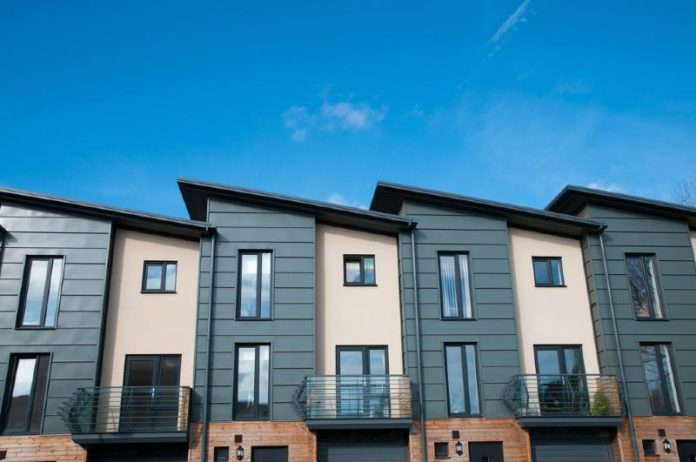Property investments can be incredibly rewarding sources of income if you choose correctly. Whilst it may not sound like there’s a lot of choosing to be done, other than scrolling through the available properties and picking the best looking one, a lot of factors can either make or break your returns.
The truth is for a first time investor, investing in real estate can be daunting and littered with duds.
Surprisingly, picking the right property doesn’t always mean picking the best looking or the newest either. That’s why it’s essential to research before you commit, or seek the help and advice of a trusted residential management company.
Here’s a brief rundown of the most important things to look for in your next, or first, property investment.
1. The neighborhood
Yep, you need to look beyond your potential threshold. The neighborhood your property is based in will not only determine the type of tenants you can attract, but also the rent prices you can charge.
For example, if your property is near transport links and a university, you’re most likely to attract young tenants or university students which is great during term time, but could pose problems in summer.
On the other hand, if your property is outside of transport links and quite far from leisure activities, you would be limited to only attracting commuters that can drive and because of this, you’d have to charge lesser fees so that tenants could afford car maintenance as well as rent.
2. The schools
If your property investment could house a family, one of the key factors your tenants will be considering is the proximity to schools. Is the school run far? Will they need to sign up to public transport? Could the child walk from school? In bad weather could the parents make the school run in time?
As well as these day to day questions, tenants will also want to look into the school record and how it is rated.
If there is only a poorly rated school nearby, it can affect the value of your investment as well as the value of your investment.
3. The crime rate
Just like investigating the neighborhood, you need to look at the surrounding areas crime rate. No, or very few, tenants will want to move into an area where their or their property’s safety is going to be compromised.
Police stations or public libraries can supply you with this information. Check to see whether the rate is increasing or decreasing. If the rate is increasing or level, speak to the local police department to determine whether there is a police presence in the neighborhood.
Tenants will investigate this just as you will, so there’s no point lying about it. Being upfront but providing the security of a police presence could still attract reassured tenants.
4. Property taxes
Property taxes vary widely depending on the area, so you’ll need to be aware of how much you stand to lose each annum.
Whilst sometimes property taxes in a high bracket are an indicator of a great neighborhood that attracts long term tenants, undesirable locations can also have high taxes.
Your municipality assessment office will supply the tax information you need. Make sure to find out whether the taxes could increase in the near future too. An area suffering from economic downturn may raise taxes beyond what a landlord can appropriately charge in rent.
5. The job market
Areas which are surrounded by thriving businesses and plentiful job opportunities are bound by nature to attract tenants. In comparison, a property in an area that is surrounded by abandoned buildings with no job openings could dissuade tenants, especially if they are a part of the hybrid workforce.
To find the area rates for job availability, visit the local library. Alternatively, do some research by using online job boards. If there are copious results for a search of the local area, you can be sure that tenants will be eager to move in.
Plus if there is news of a new corporation, factory or headquarters moving into town workers will be in the market for a place to live.
Both of these variables could cause housing prices to fluctuate depending on the type of business, and good job prospects means the higher potential renting tariff you could set.
6. The area’s average rent
The income you make from your rent will be the income that supports you, and one of the most crucial factors in your property decision.
If you charge too high a rent, tenants will not move in. If you charge too low, you’ll have a plethora of potential tenants but you’ll be dwindling yourself in the long run.
To avoid both of these outcomes, research the average rent of the area and tweak either a fraction higher or lower accordingly.
If you choose to go competitive, make sure you factor in the cost of things like your mortgage payment, taxes, and other expenses so that you’re not at a loss.
Plus to safeguard for the future, extensively research the area so that you can determine what it might look like in the next five years. For example, if you can afford to invest in the area now but taxes will be expected to increase in the next few years, whilst the property might be affordable now, it could turn into bankruptcy a lot sooner than anticipated.
Andrew Stephens is from Scanlans Property Management, a proud provider of property management & block management services in Birmingham, Leeds, Liverpool and Manchester for over 25 years.
Property stock photo by stocker1970/Shutterstock







